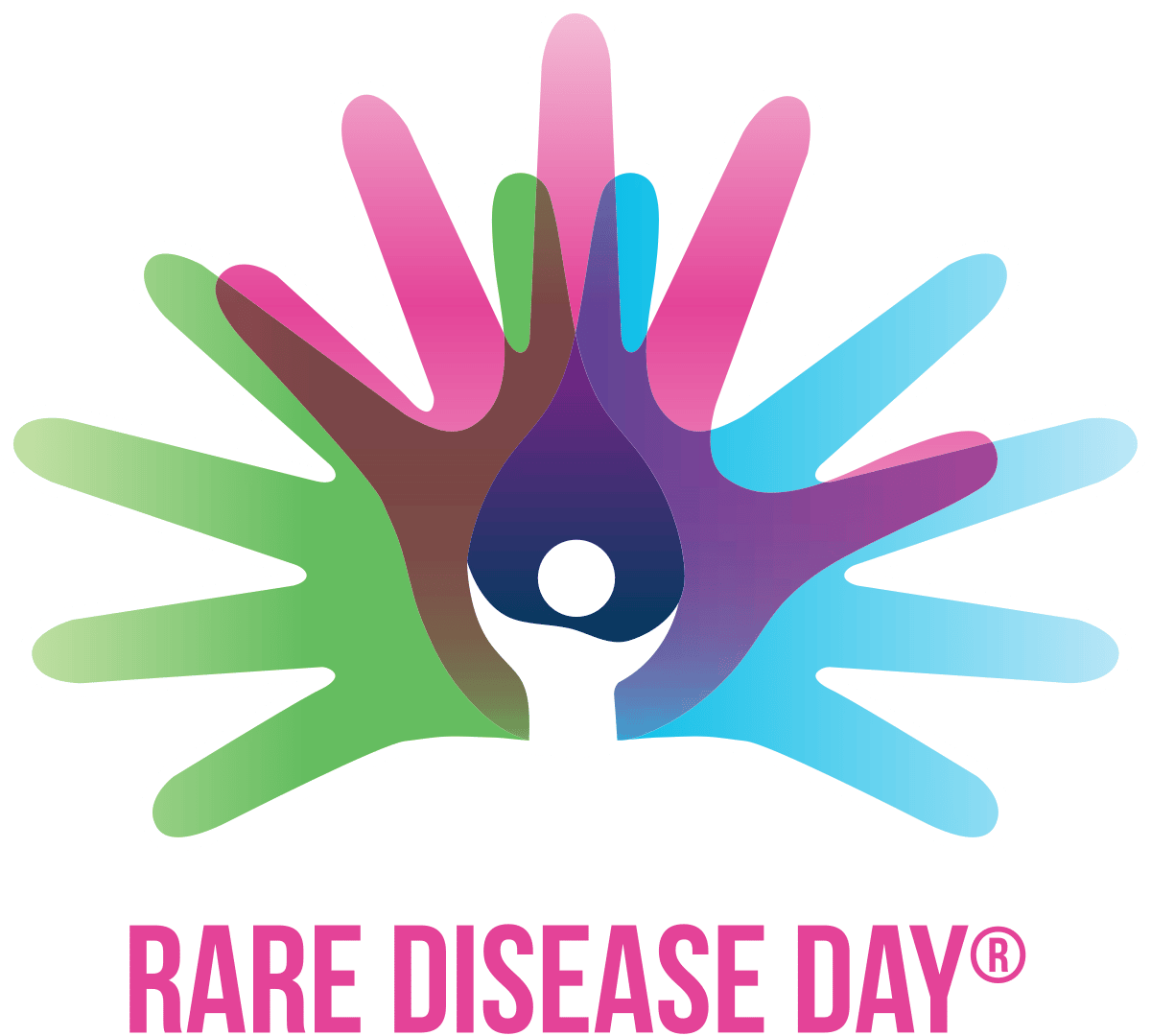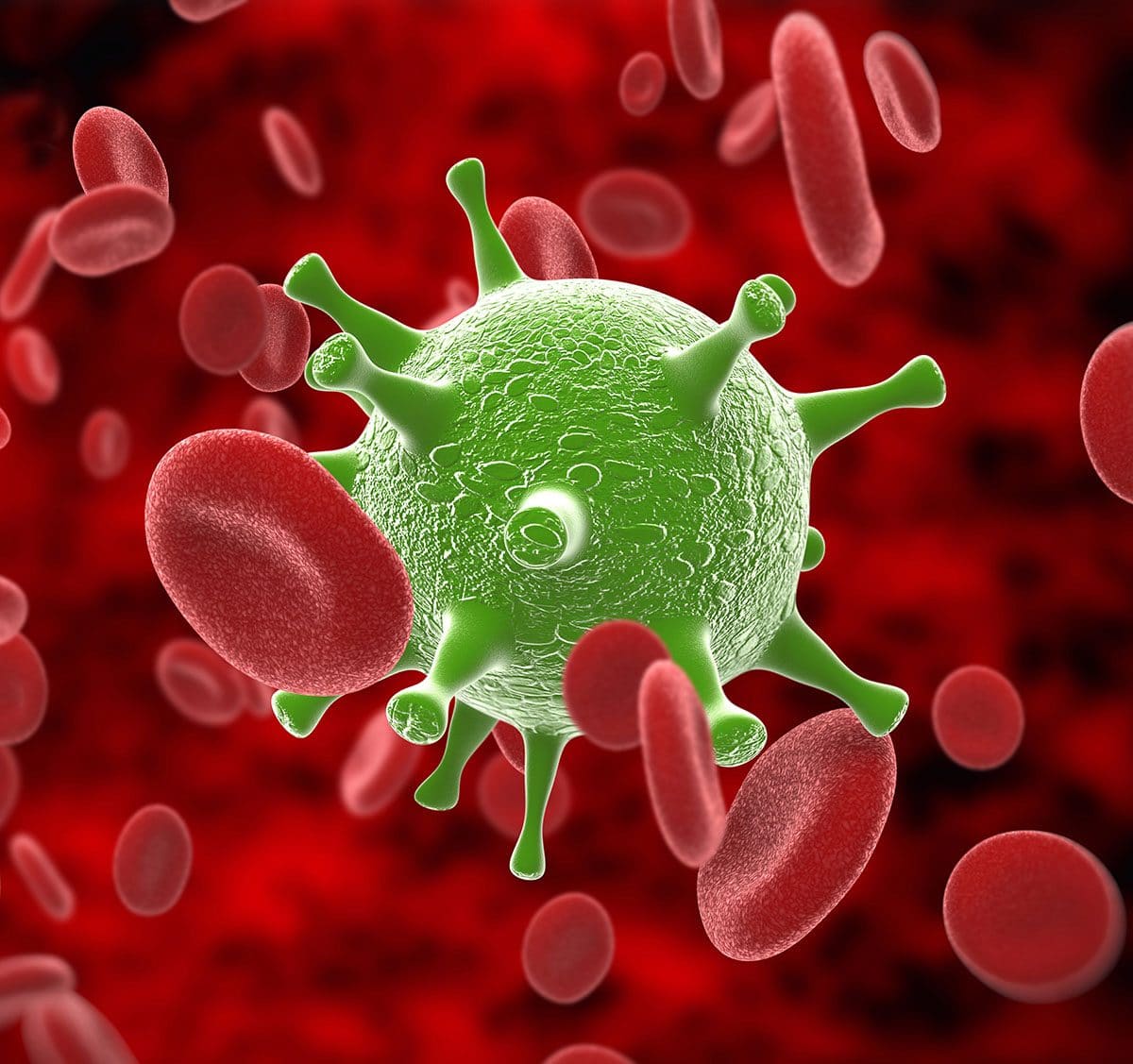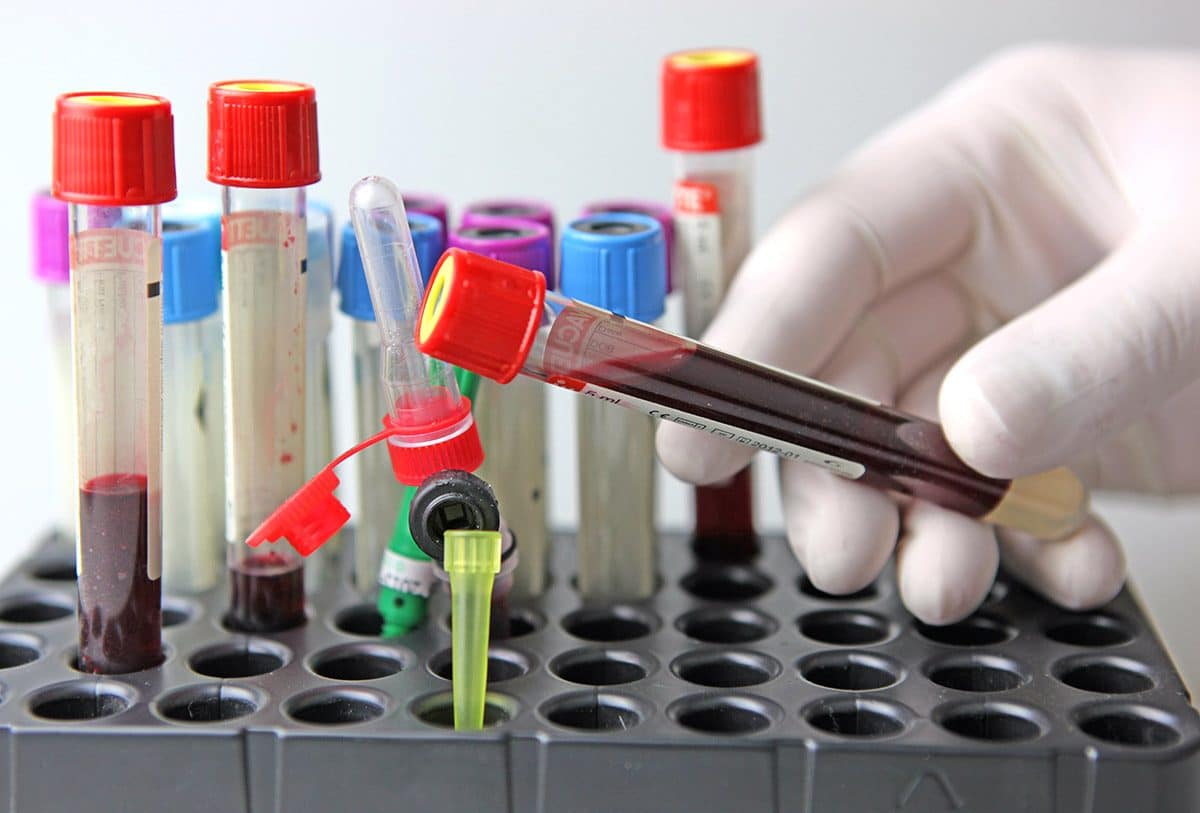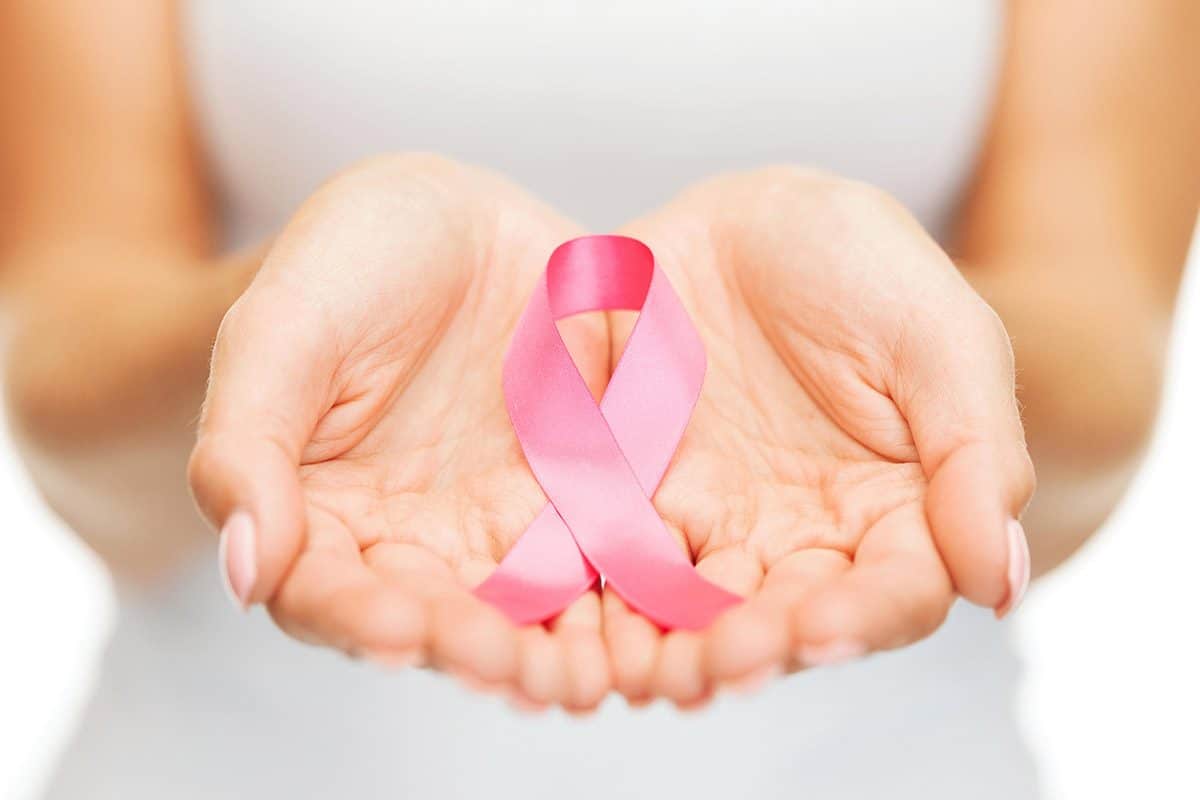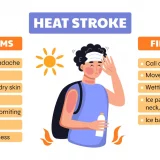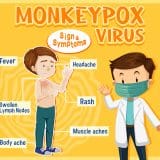On the occasion of the Rare Disease Day, hold next February 29th, we want to remember them today in E&S Doctors. To begin with, we have to mention that rare disease affects a small number of people and that’s why they’re called like that. In Europe, a disease is considered to be rare when it affects one person per 2,000. Nowadays, there are six or seven thousand rare diseases. Some of these are Huntington disease, Crohn disease, Kaposi’s sarcoma, etc.
The problem with these rare diseases is that most of them have no cure. However, treatments improve the quality of life and extend the life expectancy of those affected. Still they’re extremely unknown and it’s very difficult to identify and treat them. Despite that, science has provided many answers to these rare diseases and it’s expected to be the case thanks to the progress of the future.

